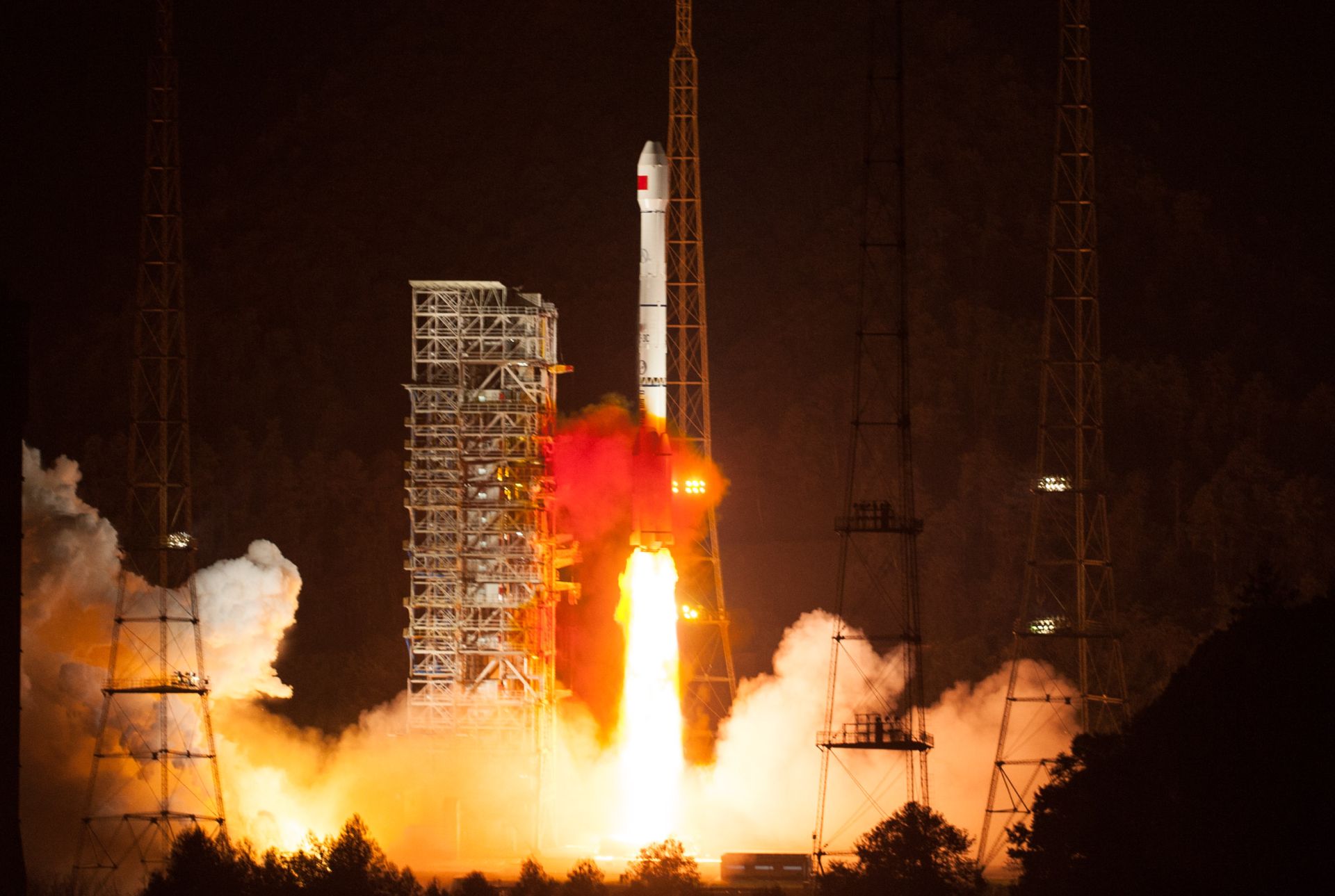China launched a new generation rocket on Saturday that will be integral to its ambitious space program.
The Long March-7 rocket weighs nearly 600 tons (550,000 kilos) and measures 51 meters (170 feet). The rocket is a new generation carrier rocket with a payload capacity one and a half times greater than their existing rockets.
“The more our rockets can lift, the farther we can venture into space,” Ma Zhonghui, the rocket’s chief designer told the official Xinhua news agency.
“Long March-7’s successful maiden flight will greatly lift up China’s comprehensive space capacity, and give the country a hefty boost in building itself into a space power,” he added.
A desert landing
Its re-entry module is expected to land in a Mongolian desert Sunday afternoon, after completing 13 orbits around the earth.
The rocket was launched from a new space center in Wenchang, in the southern province of Hainan. Thousands of people turned out to watch the launch. The center was completed in 2014, and is the fourth of its kind.
China’s ambitious space program includes having its own space station in orbit by 2022 and landing a man on the moon by 2024. They also plan to land an unmanned probe on Mars in 2021.
Beijing is planning to launch two astronauts, as well as a laboratory named Tiangong 2 (Heaven’s Palace), into space later this year.
They hope to launch the core module of a space station in 2018 with a goal of completing it by 2022. If the International Space Station, which is currently set to stay in orbit until 2024, is brought back to earth, China would be the only country with a permanent post in outer space.










